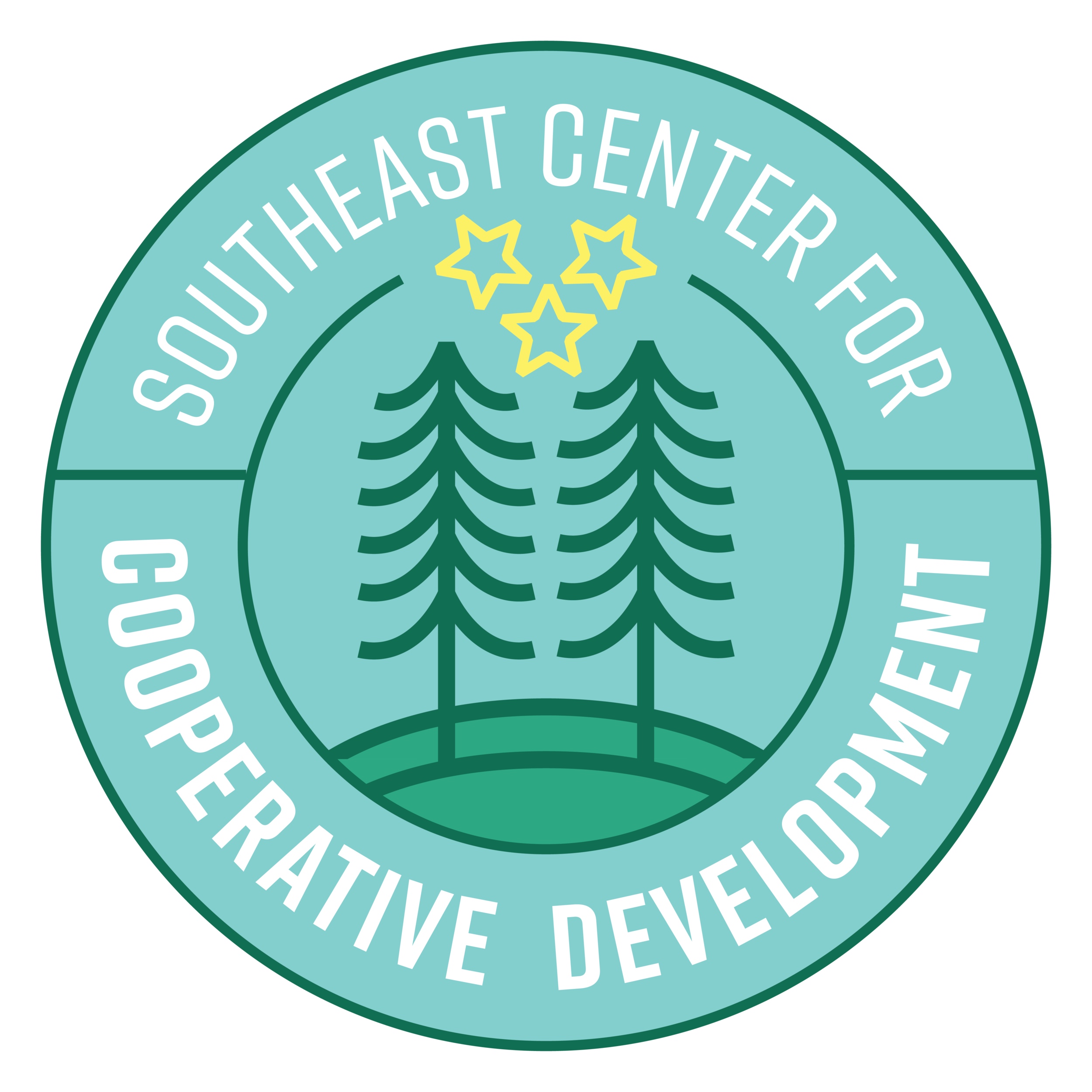Kwanzaa and Cooperative Economics
BY BENNY OVERTON, CO-EXECUTIVE DIRECTOR
Habari gani?
Kwanzaa recognizes our commonality and centers on the Pan African reality of the African American existence yet extends to the greater reality of the community of man(kind) and its holistic connection to earth. Africa is the origin and Kwanzaa combines the ancient African agricultural celebration traditions (particularly the Zulu and Ashanti) with the modern Black American liberation movement, a movement which encapsulates the struggle of man for social and economic justice, the struggle for humanity. The principles which Kwanzaa highlights are the pillars upon which we can build our new world, one that is equitable with social and environmental justice. The Kwanzaa celebration then is the first fruits celebration of what our efforts have and shall harvest.
Ujamaa (cooperative economics) is one of the seven principles of Kwanzaa, and as a key component of the movement to liberate Black America from the pervasive inequality and injustice of the current economic order, it deserves a deeper look. One of the greatest economic problems we face today is the gross inequality in income and wealth, an inequality which continues to widen. Black America suffers this injustice most glaringly as a 2016 study by the Corporation for Enterprise Development (CFED) and the Institute for Policy Studies reported that it will take 228 years for the household wealth of African American families to reach that of white families today. This is a stark revelation that the current system is incapable of resolving inequality.
Looking at income inequality reveals the power dynamics within the current system in which human labor is deemed subordinate to capital (which demands the primacy of profits). Capital’s demand for an obeisance to profits create (among other imbalances) the obscene disparity in pay ratio of average workers to top management, the agents of capital. This ratio was 20 to one in 1965 but in 2021 had become 399 to one. This devaluation of human labor has created a system of economic servitude in which many workers are forced to work two or more jobs because wages are not at life-sustaining levels, and this is especially true for a disproportionate number of Black workers. Additionally, the primacy of profits has blinded the current economic order to the environmental damages and harms it has caused to the earth’s ability to sustain human life. The primacy of profits over people and planet is an existential threat.
Cooperative economics is based on a democratic equality that provides a greater balance of people, planet, and profit. It does this by ensuring that every voice is equally valued and heard. In this approach, rugged individualism gives way to collective effort, competition gives way to cooperation, selfish interest gives way to self-transcendence so that commonality and collaboration are honored and the common good is sought. In this system, the need for profits is balanced by the needs of people, of communities, and of the earth and economic servitude gives way to liberation and justice. Cooperative economics recognizes the interconnectedness, the oneness, of our existence and realizes that if the world we build is to be just, there must be social and environmental justice, justice for humanity and earth.
Kwanzaa is the first fruits celebration that reminds us of our involvement in creating the world we have and the world we could have. Cooperative economics is one of the seven key principles of Kwanzaa, and itself consists of seven principles. To learn more about cooperatives, attend one of our cooperative introduction classes (in person in Brownsville, TN on January 20th and via Zoom on January 22nd). If you are interested in starting a worker or housing cooperative, sign up for a Co-op Academy course, a free 10-week course which meets for two hours, one day each week (this is hybrid, both in person in Brownsville, TN and online virtually). If you’re in Nashville, you can find more information about local Kwanzaa celebrations here.
